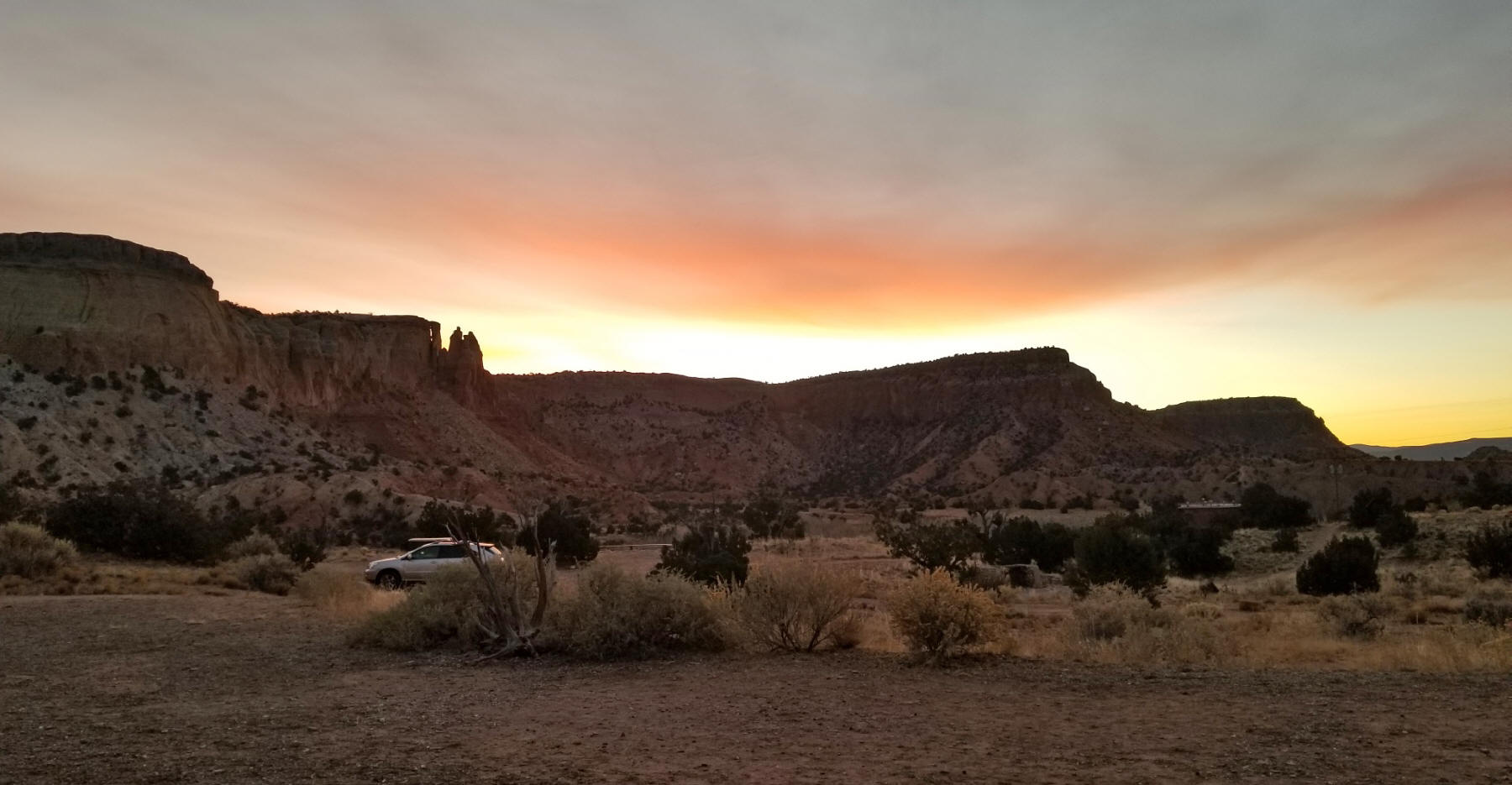|
Chicago: Must See Attractions
Story and photos
by Kathleen Walls
I visited Chicago recently for the IPW
Travel Writer's Marketplace. Chicago has an incredible number of
museums and attractions. Thanks to a gifted CityPass, I got to
see some. Unfortunately, because of Chicago's heavy traffic and
expensive parking, when you can even find a spot, I missed
seeing many I would have liked to visit. Fortunately the
airport is close to the city.These are some places I
visited and enjoyed.
Field Museum
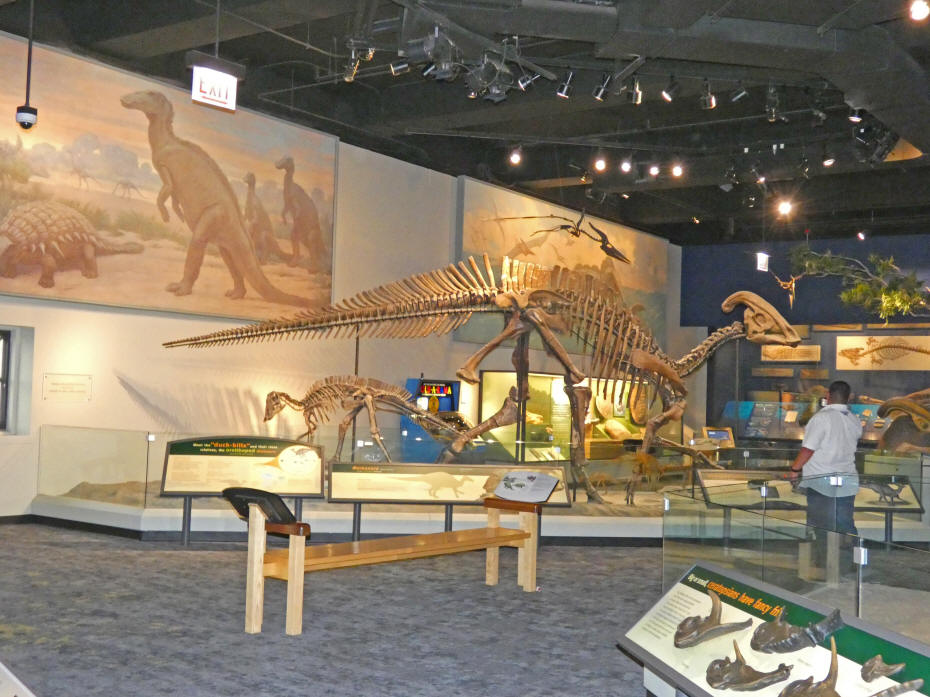
When you enter the
Field Museum's
Stanley Field Hall, your first view is of a 122-foot-long cast
of a titanosaur named Máximo the Titanosaur and several
prehistoric creatures. The Evolving Planet exhibit on the upper
level took me on a journey, showing how life first evolved from
Earth's beginnings to the present day. It walked me through the
Late Cretaceous Period, 67 million years ago. I met lots of
dinosaurs, including Sue, the most complete T. rex skeleton ever
discovered.
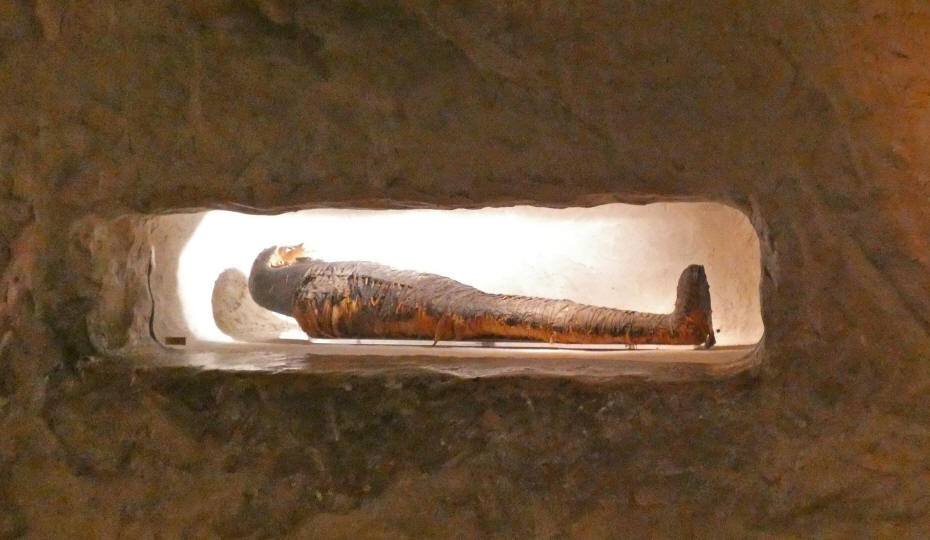
On the main floor, there is one of the
largest collections of mummies in the United States: 23 human
mummies and more than 30 animal mummies. I admired the
floor-to-ceiling hieroglyphs and a 4,000-year-old royal boat.
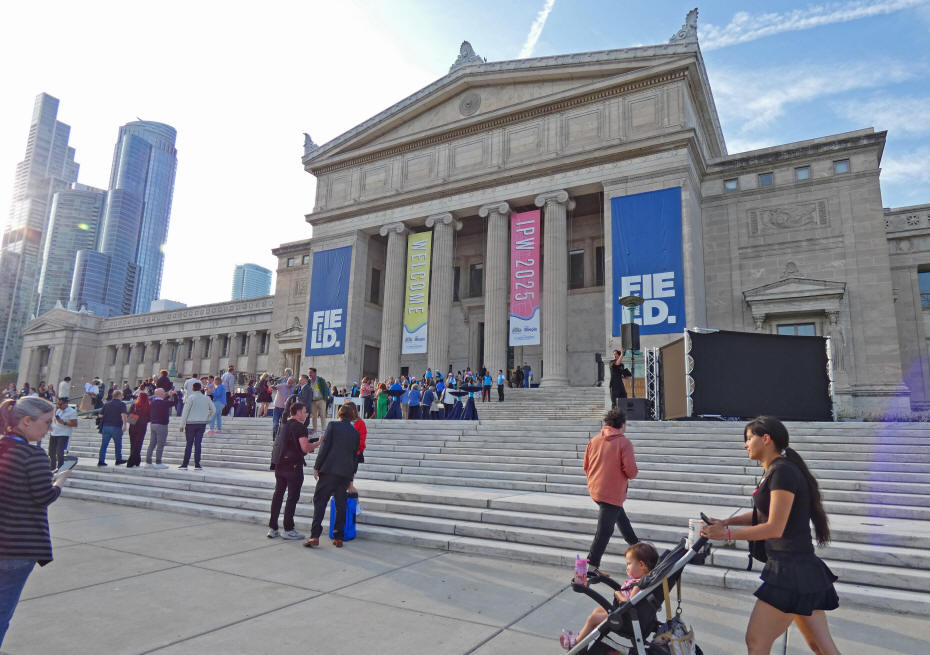
The museum is huge. Stanley Field Hall is a
half-acre, with a length of 300 feet and a width of 70 feet. The
museum has almost 40 million artifacts, so be sure to visit all
three floors. There's a dining area on the bottom floor.
Parking is steep, like most places in
Chicago. Soldier Field North Garage at the museum's main
entrance charges $27 for up to 4 hours, $32 for up to 12 hours.
East Museum Lot on the museum's east side charges a similar fee.
Griffin Museum of Science and Industry
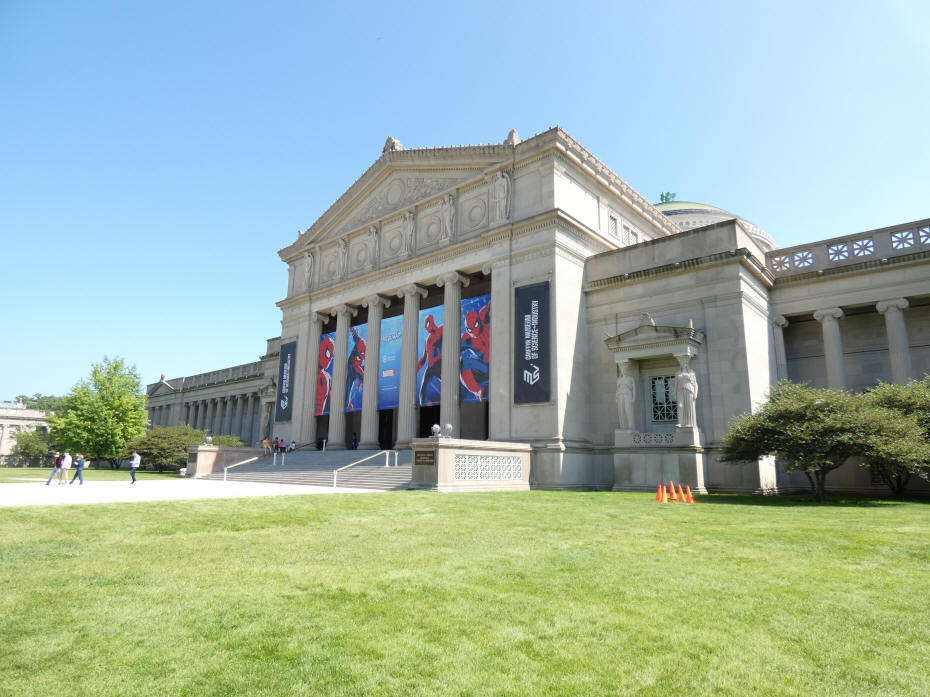
The
museum is a Beau Arts architectural masterpiece housed in
the former Palace of Fine Arts from the 1893 World's Columbian
Exposition.
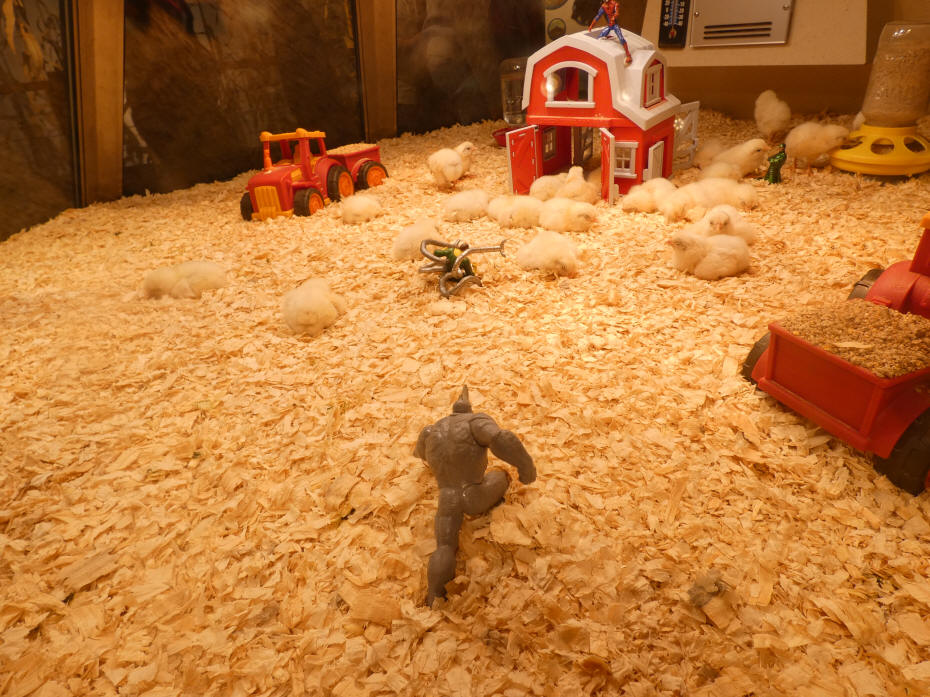
Farm Tech follows milk from the cow to your
kitchen. Poop to Power tells how manure is used to create power.
There's a display of live baby chickens in a temprature
controled enclosure.
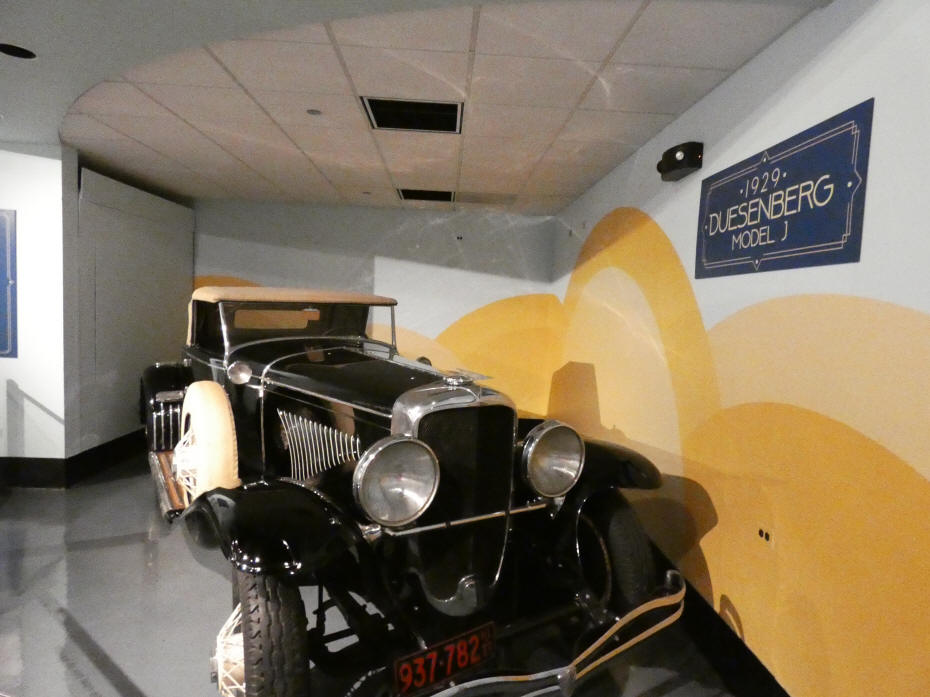
Don't miss the Transportation Gallery. If
you love old cares like I do, seeing a 1929 Duesenberg, a 1915
Brewster and other beautiful antique cars and marveling at the
simplicity of the old cars compared to the computer driven ones
today is a real treat. Then there are the trains and planes of
the past and an amazing model railroad.
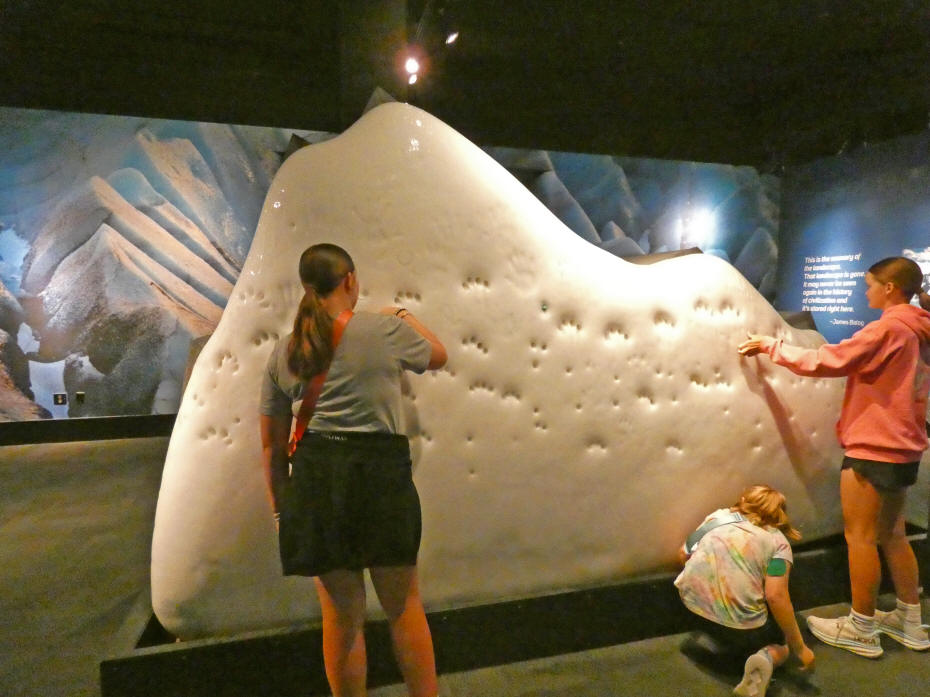
Extreme Ice explores glaciers and even lets
you handprint on a real ice model. There's Colleen Moore's Fairy
Castle, the art of Bicycles, and so many exhibits, so prepare to
spend a few hours exploring this museum.
Lincoln Park Zoo
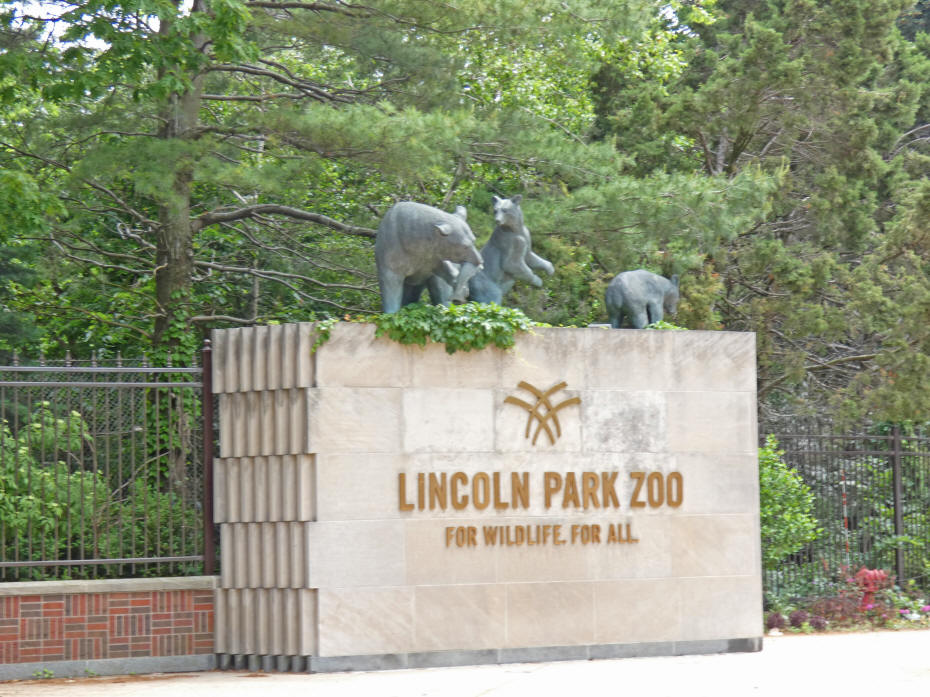
Founded in 1868,
Lincoln Park Zoo has become
one of the most popular cultural destinations in Illinois and
the only privately managed, free zoo in the United States. I was
happy to see spacious habitats for nearly 200 species.
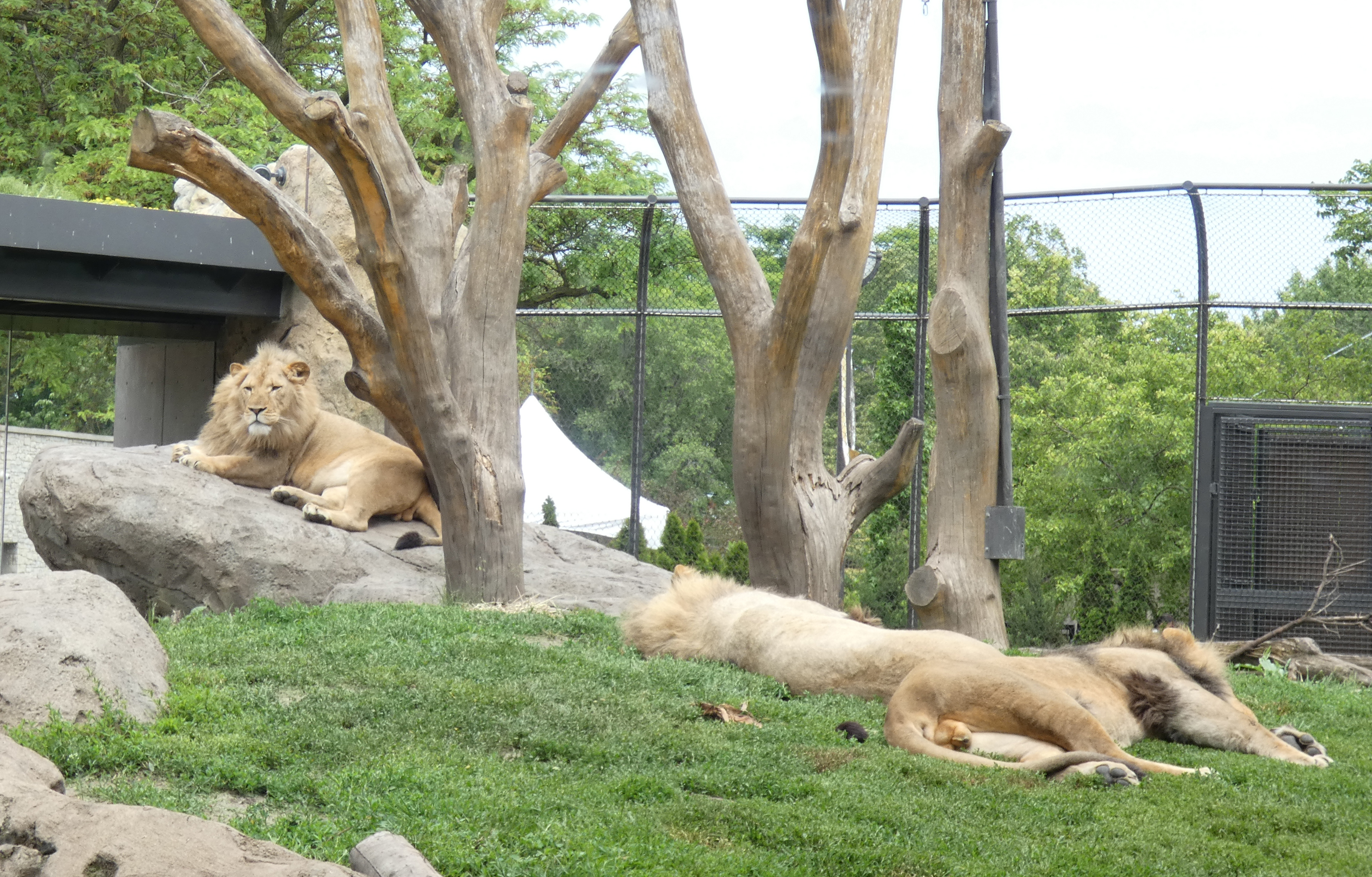
I loved watching the male lion and two
females. He was awake and looking over his territory atop a
large bolder while the females were sound asleep a few feet
away. There are several indoor exhibits like the Pepper Family
Wildlife Center, an 1812 Beau Arts masterpiece, where you can
observe the big cat habitats from inside the building while
learning about their natural behaviors and characteristics. It
has views of African lions, snow leopards, Canadian lynx, and
red pandas. Placards tell about the conservation issues
threatening these beautiful creatures.
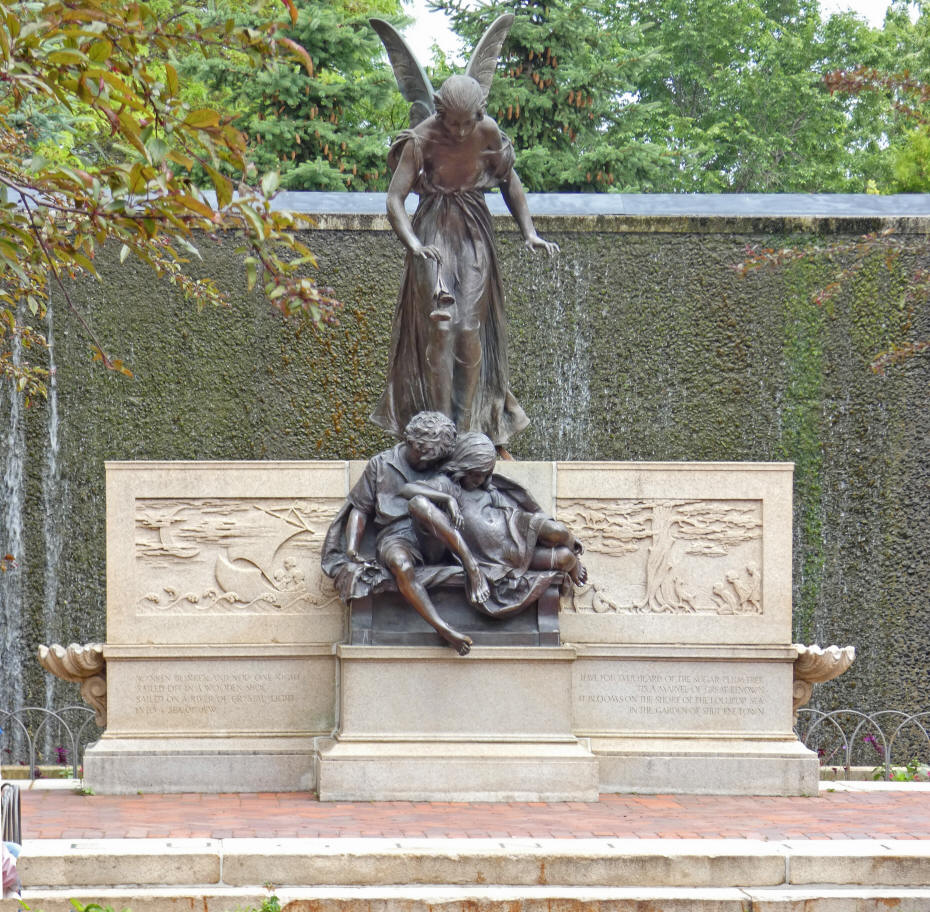
The gardens and sculptures are gorgeous.
The zoo is an accredited arboretum with more than 850 plant
species. One sculpture that impressed me is the "Dream Lady," a
bronze sculpture by Edward McCartan to honor 19th-century
children's poet Eugene Field. The sculpture shows the "Dream
Lady" from the poem "The Rock-a-by-Lady" standing protectively
over two sleeping children.
A word of warning: I was there on a
Saturday and drove around in circles on streets nearby for half
an hour before I finally found a tiny parking spot I was just
able to squeeze my Kia Soul into. It was probably metered by an
app, but I didn't see any meter or sign saying it was metered,
so maybe it was free. Otherwise, parking rates range from $35–45
per day in the parking lot. The zoo does allow free parking in
its lot for the first half hour, but no way you could see much
in that short time.
Route 66
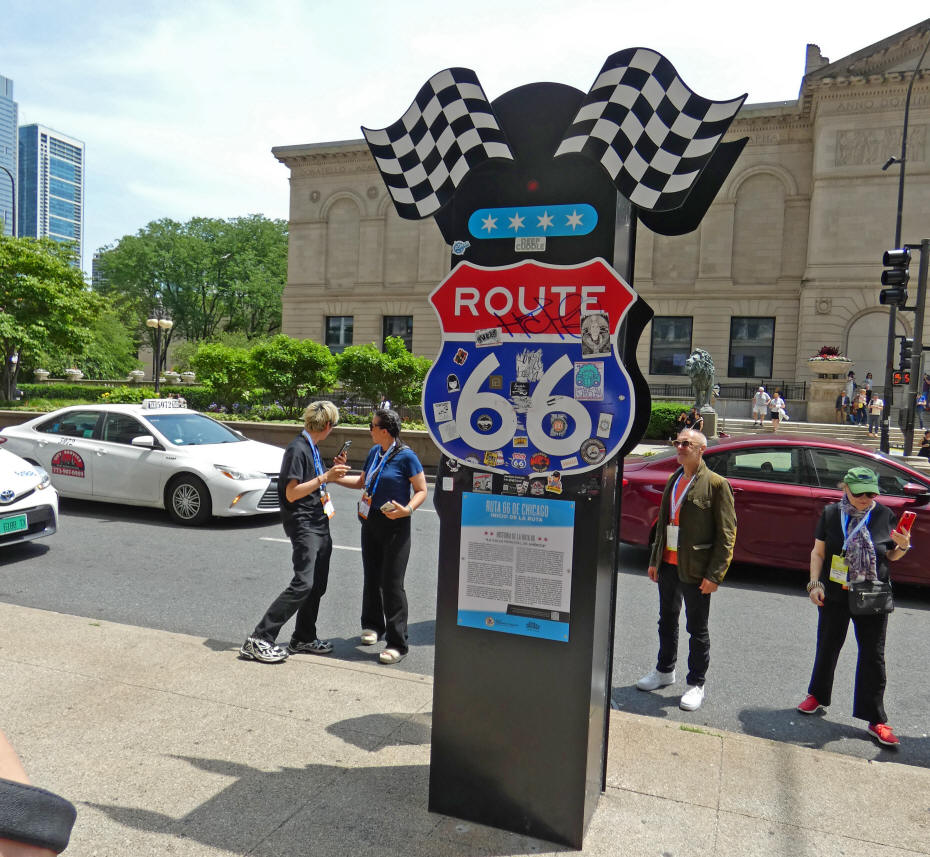
Our guide, Mike McMains, drove us along a
tour of Chicago's Route 66.
Many people just associate Route 66 with the wide open spaces
out west, but Route 66 started in Chicago in 1926
and ran through
Illinois, Missouri, Kansas, Oklahoma, Texas, New Mexico, Arizona
and California. Originally, the start was at the intersection of
Jackson Boulevard and Michigan Avenue, but the marker for the
start is now at East Adams and South Michigan Avenue
intersection, as Jackson is now an east-bound one-way street.
(Blame Chicago traffic!)
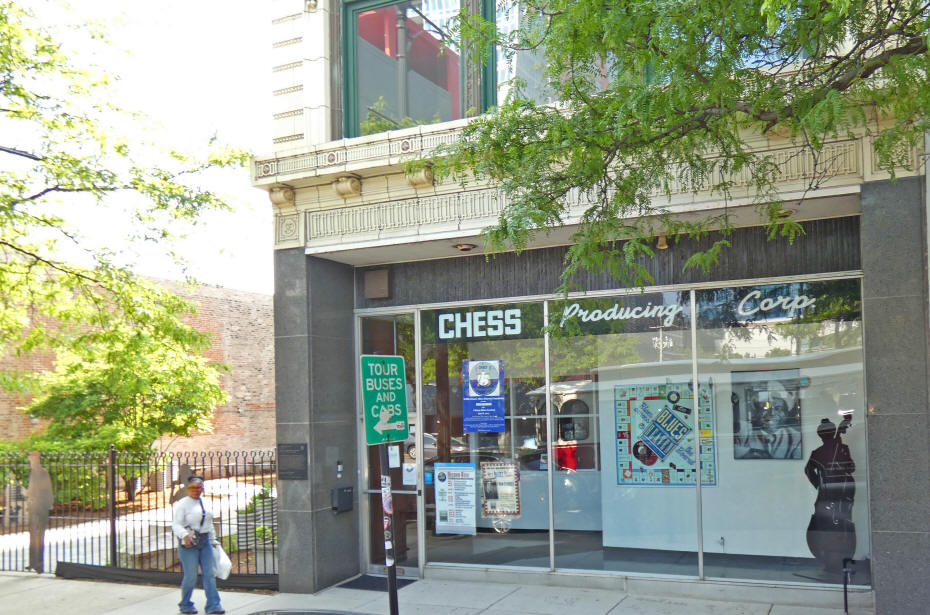
Mike stopped the trolley or let us get out
at important stops on Route 66 when traffic and parking allowed.
One place on Route 66 that impressed me is Chess Productions,
where Muddy Waters, Etta James, Bo Diddley, Chuck Berry, one of
my favorites, and many other musicians recorded. It's now a
museum but it was closed when we were there.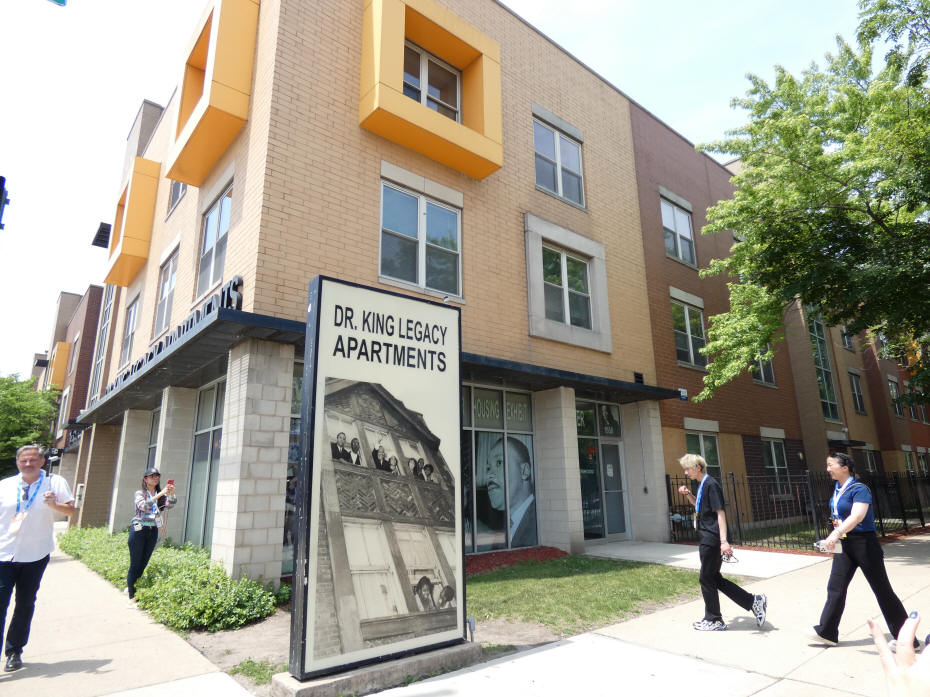
Another important stop just off the
historic route is the Martin Luther King Jr. Legacy Apartments.
The story behind the apartments is that this was once an area of
poor Black residents. Housing markets, like many other things,
were badly skewed against Black people in Chicago. Dr. Martin
Luther King, Jr. came to Chicago in the winter of 1966 to raise
awareness about housing restrictions on Chicago's black
residents. He rented an apartment at this location.
During the riots after King's death, much
of that apartment complex was destroyed. Later, civil rights
groups proposed a housing complex as a memorial to Dr. King's
civil rights legacy to provide badly needed affordable housing
to North Lawndale. By April 2011, it was still one of Chicago's
poorest neighborhoods.
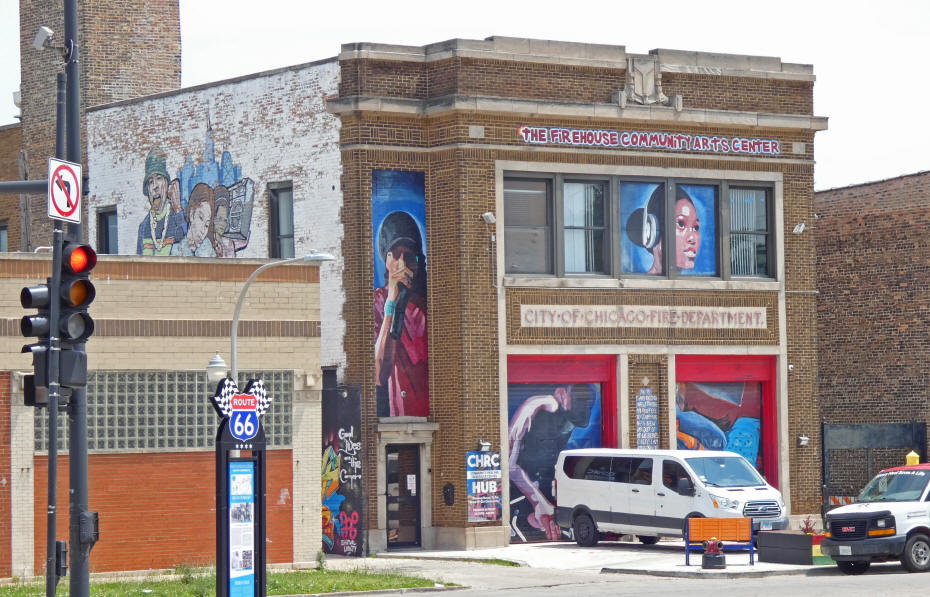
Nearby, the Firehouse Community Arts
Center, is a hub for youth from across the city, dedicated to
preventing violence through arts and community engagement. The
historic firehouse has several murals decorating the building
and helping tell its story.
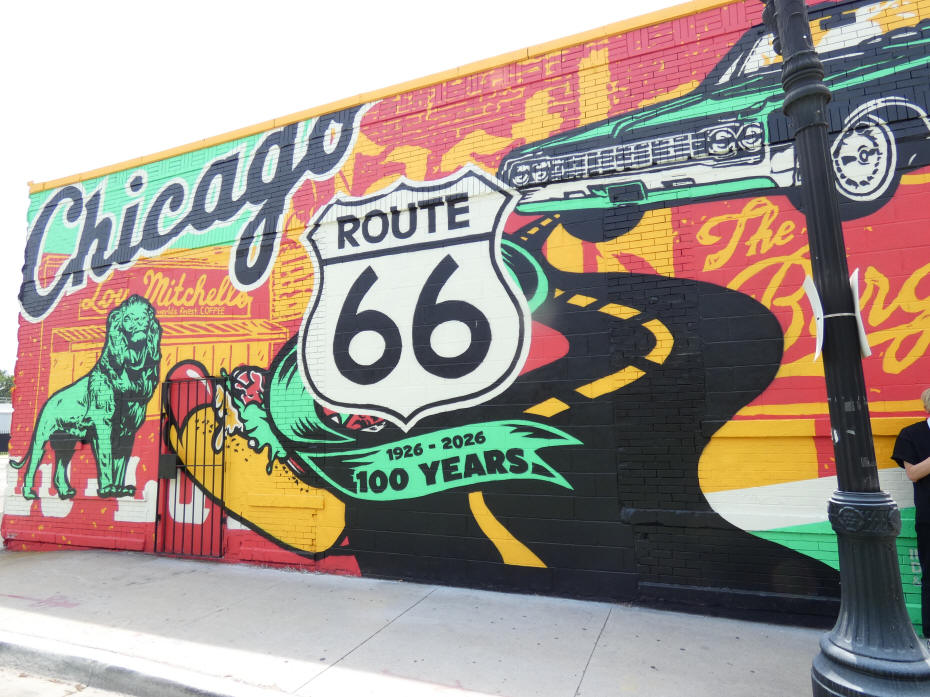
The Firehouse Center is not the only place
to find murals on Chicago's Route 66. I love the one
commemorating Route 66's coming 100-year anniversary in 2026 by
local artist Ben Marasco. It features several local businesses
along the route: Art Institute of Chicago, Lou Mitchell's, The
Berghoff Restaurant, and Lulu's Hot Dogs where it is painted at
1000 S. Leavitt St.
Architectural Riverboat Tour
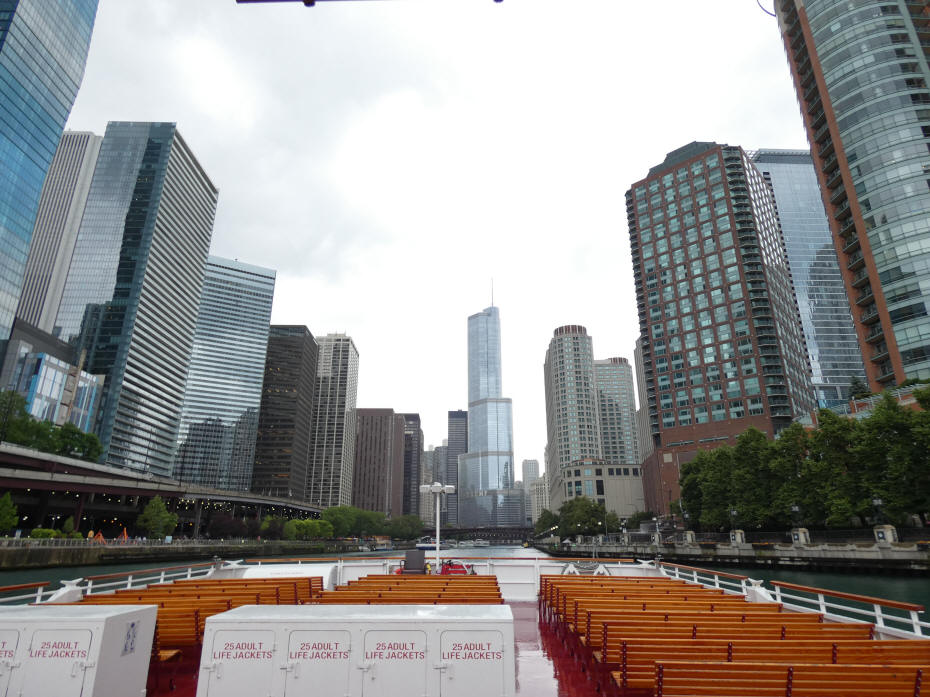
Another way to explore Chicago's
architecture without the traffic and parking problems is take
the Shoreline
Sightseeing River Tour. We saw 40 Chicago landmarks on our
75-minute tour. Our guide was knowledgeable as she pointed out
landmarks like the Sears Building, Tribune Tower, and the
Wrigley Building. She told a lot about the history of the
buildings and the architects who designed them. We glided past
100-year-old Art Deco, Neo-Classical, and Gothic Towers, and
some of the tallest modern-day structures. The tours depart from
Michigan Ave Dock near the Magnificent Mile or the Navy Pier.
Navy Pier
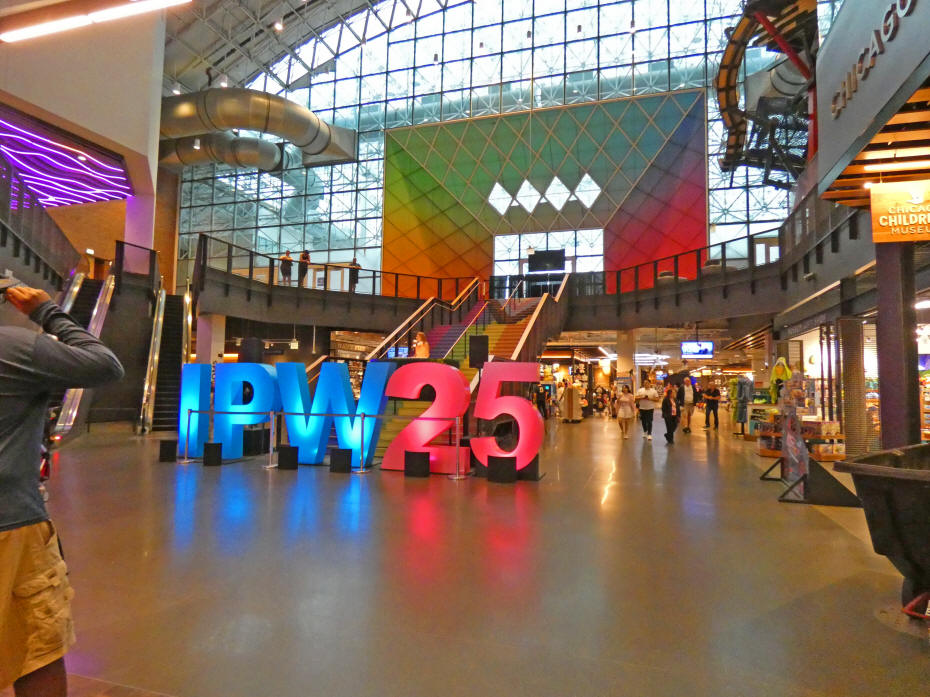
Navy Pier
claims to be the most visited attraction in the Midwest. Built
in 1916, it was originally named Chicago Municipal Pier. It was
renamed Navy Pier in 1927 since Navy personnel trained there
during World War I and later during WWII. The pier served
various other functions and fell int disrepair. It reopened in
1995 as the entertainment and event destination it is today.
We ended our IPW Marketplace there with a
closing reception. It's filled with rides, attractions, dining
and drinking spots, cultural activities and art; it's almost a
city in itself.
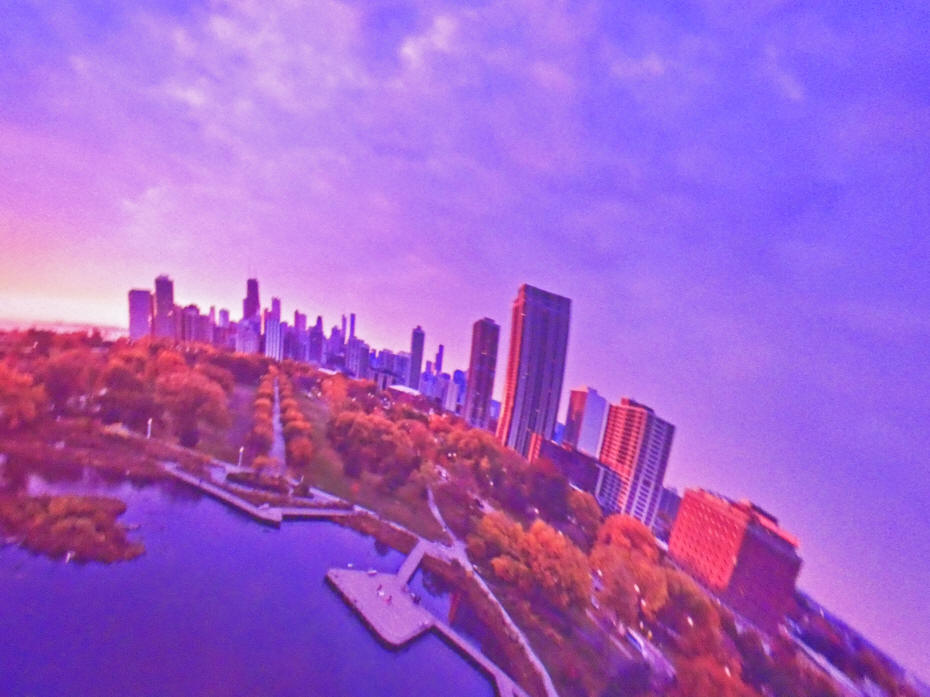
A friend and I did Flyover, a realistic
immersive experience where you are flying over the interesting
points of Chicago. I closed my eyes several times and suppressed
a shriek. It's something the most adventurous must do in
Chicago.
Besides the Flyover, there are Centennial
Wheel, Drop Tower, Carousel, Light Tower, Tea Cups, and a
Funhouse. Dining choices are numerous ranging from hot dogs to
the upscale rooftop dining. Even Jimmy Buffett ventured here
with a Margaritaville. There're a Children's Museum, a Butterfly
House, and dozens more fun and games here.
The pier is free to enter, but the parking
ranges from $21 for 59 minutes to $65 for 18-24 hours.
Wrigley Field
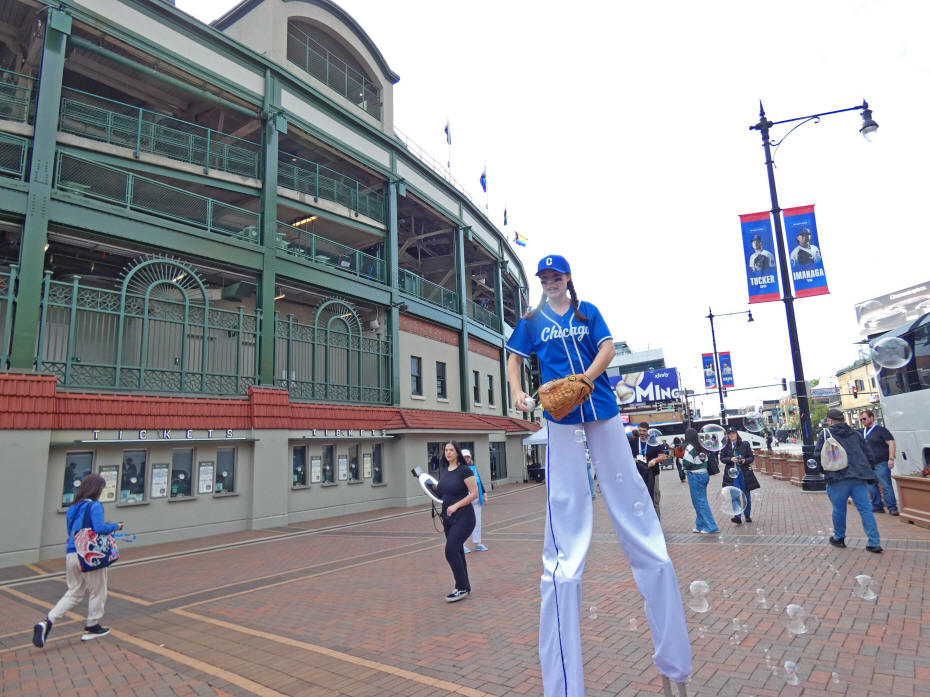
Our IPW opening event was held at
Wrigley Field.
The famous home of the Chicago Cubs baseball team was built in
1914, making it the second-oldest ballpark in the major leagues.
Outside, several entertainers greeted us
and welcomed us to Wrigley Field. A stilt walker was pretending
to pitch a baseball at us. Inside, we enjoyed a hearty buffet
brunch while free to wander the field and watch some ball
players doing exercising and practicing their pitches and
catches.
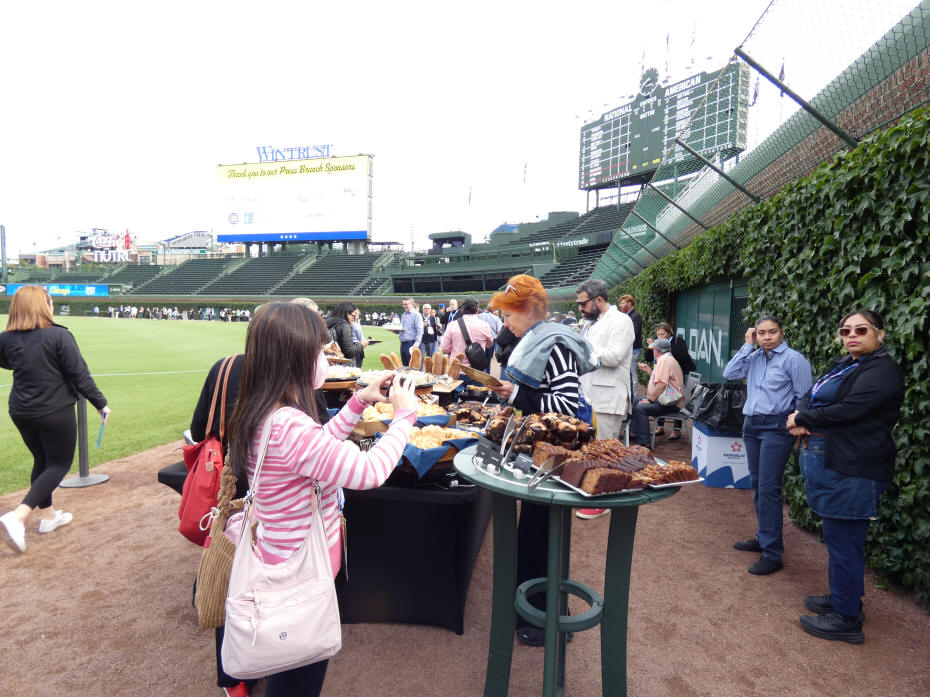
There are so many other places I wanted to
see but didn't get to so plan ahead if you are visiting Chicago.
The most economical way to see Chicago
attractions is using
CityPass. The pass entitles you to a onetime admission to 5
attractions; Shedd Aquarium and Skydeck Chicago and then choose
three of the following: Shoreline Sightseeing Architecture River
Tour, Field Museum, 360 Chicago Observation Deck, Griffin Museum
of Science and Industry, Art Institute of Chicago, or Adler
Planetarium. It's a saving of almost half what you would pay by
visiting these museums individually.
Public
Disclosure Please Read FTC has a law
requiring web sites to let their readers know if any of the
stories are 'sponsored' or compensated. We also are to
let readers know if any of our links are ads. Most are not.
They are just a way to direct you to more information
about the article where the link is placed. We have several ads
on our pages. They are clearly marked as ads. I think
readers are smart enough to know an ad when they see one but to
obey the letter of the law, I am putting this statement here to
make sure everyone understands. American Roads and Global
Highways may contain affiliate links or ads. Further, as their
bios show, most of the feature writers are professional travel
writers. As such we are frequently invited on press trips, also
called fam trips. On these trips most of our lodging, dining,
admissions fees and often plane fare are covered by the city or
firm hosting the trip. It is an opportunity to visit places we
might not otherwise be able to visit. However, no one tells us
what to write about those places. All opinions are 100% those
of the author of that feature column.
| 
